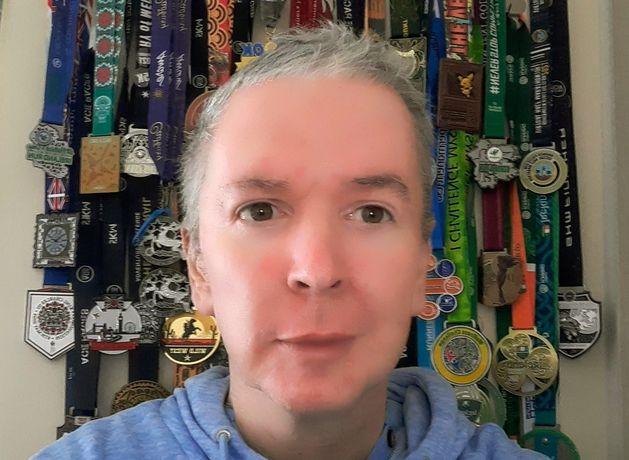With the College application season in January, points and the CAO (Central Application Office) is on everyone’s minds. Students will be making their selections and will try their best to achieve their goals. They pick their choices for college in the hope that if they don’t get their first place, they will get a suitable substitution. But is this picking and choosing, in the event of lower-than-expected grades, discouraging students from being ambitious? and fulfilling their lifelong dream of a preferred career?
Picture the situation, a student gets good grades in their Leaving Certificate, figures out the CAO (Central Applications Office) application process and secures a place on a course; in a college they hopefully like. But do they really like the course they accepted? The CAO system gives you ten options (two lists of 10 options). It creates the idea that academic vocations are fleeting. How many students are doing a course that wasn’t their first choice?
Take for example Medicine, if a student doesn’t get the points required for Medicine what will they do? What would they have as a second choice? Dentistry, Psychology, Physiotherapy or Nursing? These are great professions and a fine choice of career, but what if it isn’t the student’s first choice? Once I heard of a student in Galway who wanted to do medicine but just missed out on the points, last I heard they were travelling down the country desperately trying to get into Dentistry. Are students going to go into a career which is close to, but not quite, the career they wanted?
If a student is brave enough to decide ‘I want this and only this’ That level of drive and ambition should be encouraged, not watered down to the prospect of ‘we’ll see what points you get’ Students get very high points and an extremely high standard of education, but yet, in the points race, when compared to every other student in the country, they aren’t considered good enough. What happens then? They enroll in their second choice, somewhat half-heartedly, make a go of it, and have a long career, yet not quite the career they wanted. Alternatively, they may do the course for a few years and possibly drop out in disappointment.
They are not the only victims in this scenario. There is also the student who wanted a place on the course that was the aforementioned student’s second choice. They will find themselves in the same situation, going for a course they desired less and then the student who wanted their second choice will be unhappy and so on, down the line. There will be a knock-on effect for thousands of students all taking courses they don’t want.
This could also affect the universities. When students drop out, the university is left with an incomplete course. The number of students who finish the course will be lower than the number of students who start it. That can’t be good for business. Also, if the dropout student was getting a grant, that’s money down the drain, money that could have been used to support a student who had the course as their Number One choice. A student with an academic vocation.
Then there is the most ridiculous part of the CAO system. Fluctuating Points. One year the number of points for a course in IT or Engineering may be high, but the next year the points may be lower, all depending on how many people applied for the course. We have all seen the headlines about trends in applications and course preferences. It’s not that the student didn’t reach the eligibility level to do the course or wasn’t capable of it academically. They were unsuccessful because of a fluctuation in points based purely on the number of applicants. So, one year the student is an absolute failure, but the next time they could be in the top ten. Should they keep applying year after year until their number comes up? Also, what does it say if one year a student gets into a course with very high points and the next year the freshers arrive with less than half their score? That could cause the first student to worry about their degree choices. They may begin to perceive their area of expertise as declining in demand when nothing of the sort is occurring in their selected industry.
The final consequence is the famously termed ‘brain drain’ An ambitions and talented student may go to the UK or Europe to get their Vocational Degree. When they graduate, they are more likely to accept positions abroad than come back. This leads to press conferences with ministers and industry leaders complaining they don’t have enough qualified workers.
Students’ ambitions should be embraced, and they should be encouraged, individually and not as part of some statistical game of probability. They shouldn’t have to settle for second best or do a course just because that’s the best offer they get. If a student believes they have an academic vocation they should be given every opportunity to pursue it. Perhaps a more holistic approach to college applications is necessary.
